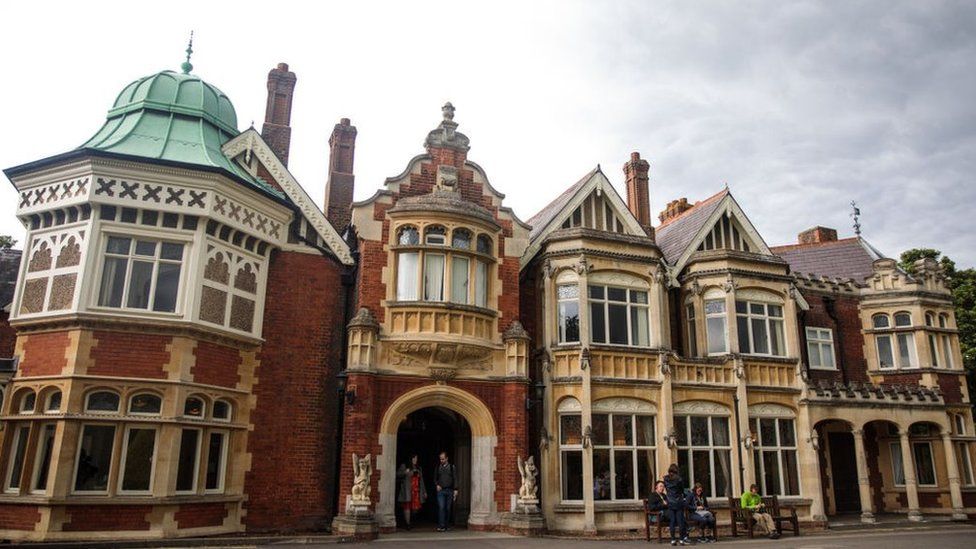ARTICLE AD BOX
 Image source, Getty Images
Image source, Getty Images
By Tom Gerken
Technology reporter
The UK has set the date for its much-anticipated summit on the safe use of artificial intelligence (AI).
World leaders will meet with AI companies and experts on 1 and 2 November for the discussions.
The global talks aim to build an international consensus on the future of AI.
The summit will take place at Bletchley Park, where Alan Turing, one of the pioneers of modern computing, worked during World War Two.
"To fully embrace the extraordinary opportunities of artificial intelligence, we must grip and tackle the risks to ensure it develops safely in the years ahead," Prime Minister Rishi Sunak said.
"With the combined strength of our international partners, thriving AI industry and expert academic community, we can secure the rapid international action we need for the safe and responsible development of AI around the world."
It is unknown which world leaders will be invited to the event, with a particular question mark over whether the Chinese government or tech giant Baidu will be in attendance.
The BBC has approached the government for comment.
The summit will address how the technology can be safely developed through "internationally co-ordinated action" but there has been no confirmation of more detailed topics.
It comes after US tech firm Palantir rejected calls to pause the development of AI in June, with its boss Alex Karp saying it was only those with "no products" who wanted a pause.
And in July, children's charity the Internet Watch Foundation called on Mr Sunak to tackle AI-generated child sexual abuse imagery, which it says is on the rise.
Why Bletchley Park?
Many of those who worked at Bletchley Park decoding messages during WW2 went on to write and speak about AI in later years, including codebreakers Irving John "Jack" Good and Donald Michie.
Soon after the War, Turing proposed the imitation game - later dubbed the "Turing test" - which seeks to identify whether a machine can behave in a way indistinguishable from a human.
"It is fitting that the very spot where leading minds harnessed emerging technologies to influence the successful outcome of World War Two will, once again, be the crucible for international co-ordinated action," said Iain Standen, CEO of the Bletchley Park Trust.
"We are incredibly excited to be providing the stage for discussions on global safety standards, which will help everyone manage and monitor the risks of artificial intelligence."

 1 year ago
41
1 year ago
41








 English (US) ·
English (US) ·